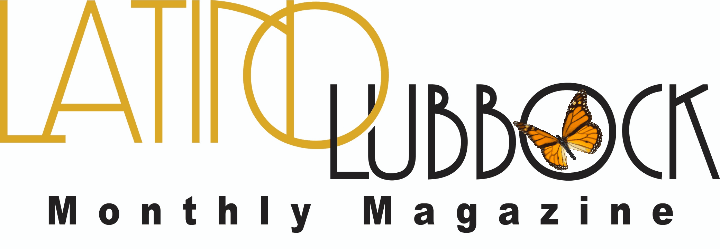Latinos, Wealth Inequality, and the 2020 Presidential Election
- Dec 31, 2018
- 4 min read
Some thoughts and preliminary results from the NiLP 2020 Presidential Election Poll
The 2020 Presidential election will be here sooner than we think. The National Institute for Latino Policy, an organization whose board of directors I chair, is conducting an online poll to see who Latinos prefer become candidates for the presidency in 2020. The final results are not yet in. But one preliminary result is very interesting. Latino influentials appear to be very pessimistic about the direction of recent American politics.

Almost 85 percent of this set of Latino influentials believe that American politics is moving downwards. The poll is not complete and I have not yet analyzed why they think this way. But perhaps this pessimism is due to the recent poor economic trends for the Latino, African American, and working class Americans? Two research papers, I came across recently, suggest this.
One piece is essay by Lynn Parramore titled "America is Regressing into a Developing Nation for Most People." This article is based on a new book, The Vanishing Middle Class: Prejudice and Power in a Dual Economy, by Peter Temin, Professor Emeritus of Economics at MIT. The gist of the research is that about 20 percent of the American population are thriving. They consist of what Temin calls "the 'FTE sector,' those who work for finance, technology, and electronics, the industries which largely support its growth". The other 80 percent of the population consists of people "who are burdened with debt and anxious about their insecure jobs if they have a job at all. Many of them are getting sicker and dying younger than they used to. They get around by crumbling public transport and cars they have trouble paying for. Family life is uncertain here; people often don't partner for the long-term even when they have children. If they go to college, they finance it by going heavily into debt. They are not thinking about the future; they are focused on surviving the present."
Given what we know about the Latino population in the United States, it is safe to assume that Latinos fall mostly into that desperate, lower 80 percent tier. Another recent research paper seems to confirm that suspicion. In an article, titled "The Decline of African-American and Hispanic Wealth since the Great Recession." Edward Wolff summarizes his own pivotal research from his book, A Century of Wealth in America (2017). Rather than measuring inequality by focusing on the more volatile and short term category of income, Wolff examined actual wealth (homeownership, bank savings, stocks and mutual funds, IRAs and 401(k)s, unincorporated businesses, as well as Social Security and defined benefit (DB) wealth. These calculations provide a better picture of a household's economic status and security. Adequate accumulated wealth permit households to overcome temporary job losses, health emergencies, and make educational investments. I think Wolff's research can help explain what has politically motivated Latinos and others in this country since 2008.
A major Wolff discovery is that Latino households and African American households suffered very dramatic declines in wealth since 2008. In particular, Wolff states that,
"Hispanic households made sizeable gains on whites from 1983 to 2007. The ratio of standard mean net worth grew from 0.16 to 0.26, the Hispanic homeownership rate climbed from 33 to 49%, and the ratio of homeownership rates with white households advanced from 48 to 66%. However, in a reversal of fortunes, Hispanic households got hammered in the years 2007 to 2010, with their mean net worth plunging in half, the wealth ratio falling from 0.26 to 0.15, their homeownership rate down by 1.9%, and their net home equity plummeting by 47%. The relative (and absolute) losses suffered by Hispanic households over these three years were also mainly due to the much larger share of homes in their wealth portfolio and their much higher leverage."
In essence, Latino households were hammered by the 2008 recession and the government response under Bush and Obama. Whatever increasing parities Latinos experienced prior to 2008 completely disappeared afterwards. Latinos may have jobs, or multiple jobs, today. But they have lost massive amounts of wealth since 2008. These economic declines are likely to impact not only the Latino community's sense of hope, their likelihood of investing in education, their interest in occupational migration, but also their views of government spending and political leadership.
This is no doubt a very complex phenomenon. Hopefully, the final results of this poll will help produce a healthy debate in the Latino community that can us make better decisions about what we need as a community and who we should support for President.
We will tease apart these issues when we analyze the final results of the 2020 Presidential Poll.
If you have not yet participated, please do so now by clicking on this link!
Stay tuned!
Dr. Jose R. Sanchez, Editor in Chief
The NiLP Board of Directors other plans are also coming to fruition. Angelo's papers will be archived at Columbia University. Next year, a street in Brooklyn will be named Angelo M. Falcon Way. The journal Angelo was creating before he left us, The Latino Affairs Journal, will soon be incorporated and in operation. More information will be forthcoming.
Posted by Latino Lubbock Magazine Digital Media
















Comments